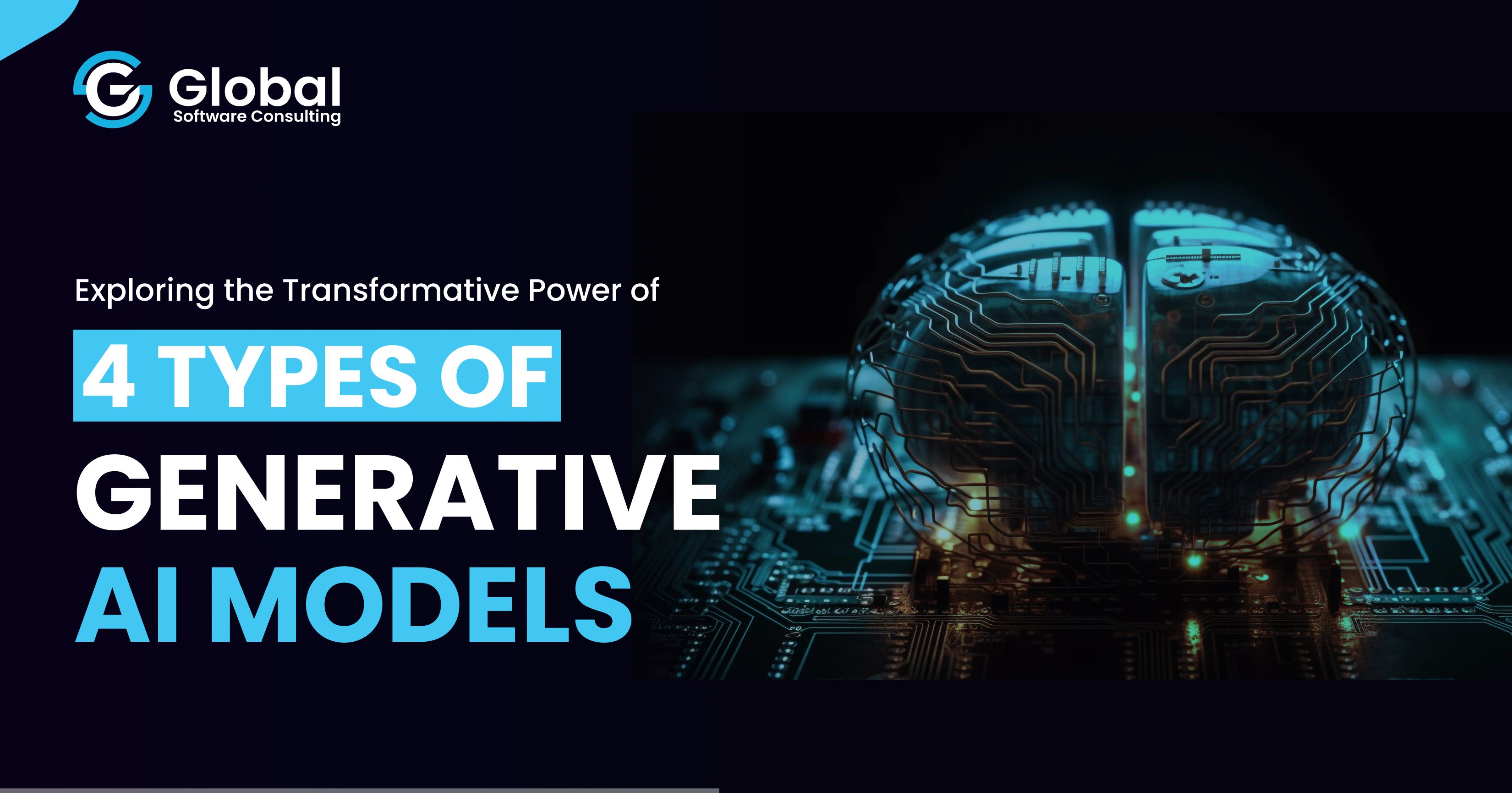Exploring the Transformative Power of 4 Types of Generative AI Models
2024-06-03

Generative Artificial Intelligence (AI) has emerged as a groundbreaking technology that is reshaping various industries and transforming our world. By harnessing the power of machine learning and neural networks, generative AI models can create new data and content, leading to innovative applications across diverse domains. In this article, we'll delve into four types of generative AI models – Large Language Models (LLMs), Diffusion Models, Generative Adversarial Networks (GANs), Neural Radiance Fields (NeRFs), and Hybrid Models – and explore how they are revolutionizing different aspects of our lives.
Large Language Models (LLMs):
Large Language Models, such as OpenAI's GPT series and Google's BERT, have garnered significant attention for their ability to understand and generate human-like text. These models are trained on vast amounts of text data and can generate coherent and contextually relevant text across various domains, including natural language understanding, translation, content generation, and conversational agents. LLMs have been employed in applications like chatbots, virtual assistants, content creation tools, and language translation services, enhancing human-computer interactions and enabling personalized experiences.
Diffusion Models:
Diffusion Models, introduced by OpenAI with models like DALL-E and CLIP, excel at generating high-quality images and visual content. Unlike traditional generative models that generate images pixel by pixel, diffusion models operate by iteratively refining a noise signal to generate realistic images. These models have demonstrated remarkable capabilities in generating diverse and photorealistic images, enabling applications in image synthesis, art generation, and content creation. Diffusion models have been utilized in fields like design, entertainment, fashion, and virtual reality, facilitating creativity and visual storytelling.
Generative Adversarial Networks (GANs):
Generative Adversarial Networks, proposed by Ian Goodfellow in 2014, consist of two neural networks – a generator and a discriminator – engaged in a competitive game. The generator creates synthetic data samples, while the discriminator evaluates the authenticity of these samples. Through adversarial training, GANs learn to generate data that is indistinguishable from real data, leading to applications in image generation, video synthesis, style transfer, and anomaly detection. GANs have been leveraged in areas like art generation, medical imaging, data augmentation, and deepfake detection, pushing the boundaries of creativity and realism in AI-generated content.
Neural Radiance Fields (NeRFs) and Hybrid Models:
Neural Radiance Fields represent a novel approach to 3D scene representation and rendering. By modeling the volumetric scene geometry and appearance using neural networks, NeRFs enable high-fidelity 3D reconstructions and immersive virtual experiences. Hybrid models combine elements of different generative AI techniques, leveraging the strengths of each approach to tackle complex tasks and achieve superior performance. These models have applications in virtual reality, augmented reality, autonomous navigation, and digital twin creation, revolutionizing industries like gaming, architecture, healthcare, and automotive.

In conclusion, generative AI models, including LLMs, Diffusion Models, GANs, NeRFs, and Hybrid Models, are driving innovation and transforming our world across various domains. As these technologies continue to advance, we can expect further breakthroughs and new possibilities, unlocking unprecedented opportunities for creativity, efficiency, and human-machine collaboration. However, ethical considerations and responsible deployment are essential to ensure that generative AI contributes positively to society and respects privacy, diversity, and ethical principles.
Most Popular
•
Privacy policy•
Terms & conditions



